Field Expanding Research
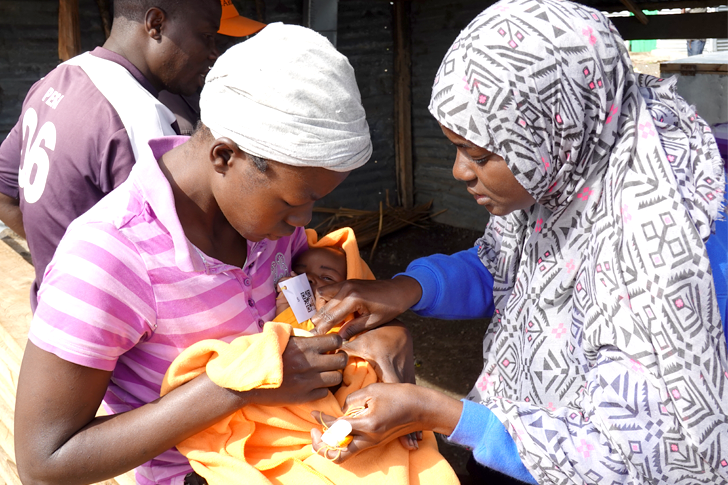
Malaria examination by CHV Kibuogi Island
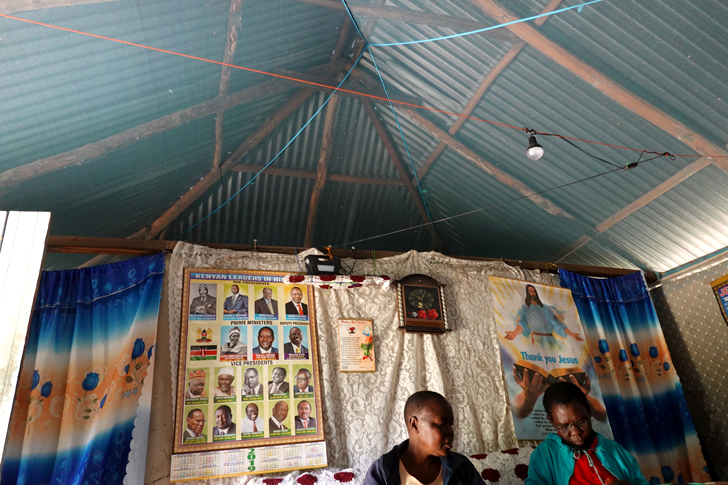
Ceiling net Mfangano island
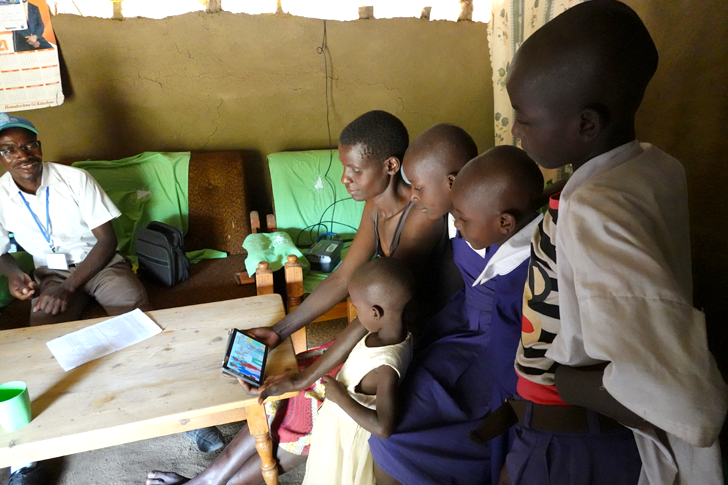
CHV helth promotion by CHV
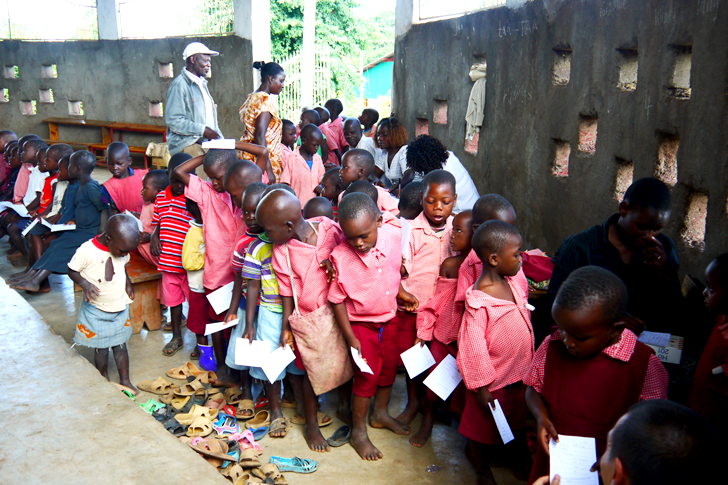
Malaria survey at primary school
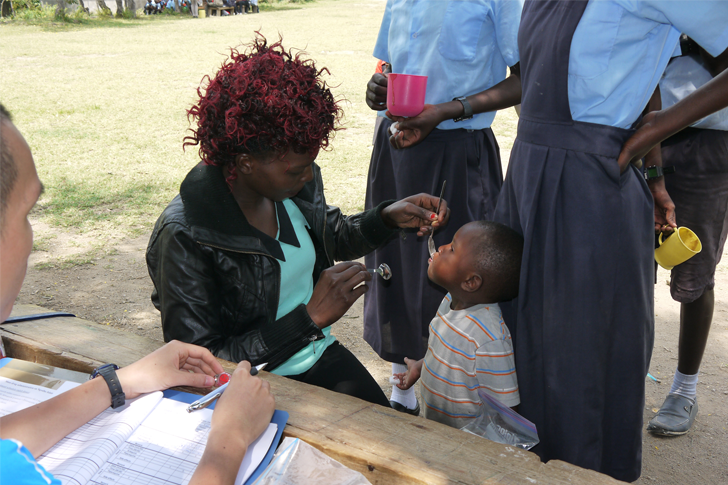
Drug administration
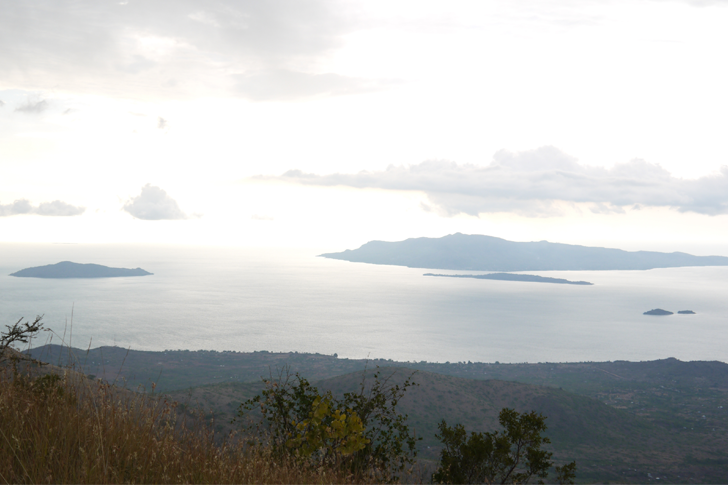
Study area
Research period:from December, 2021 through November, 2024
The COVID-19 pandemic can disrupt the already slowing progress of global malaria eradication, one of the UN’s SDGs. Integrating approaches from economics, cultural anthropology, and biomedicine, we seek to understand the interaction among human behaviors, malaria control, and responses to COVID-19 to improve people’s access and acceptance of medical tools and devise a sustainable and resilient malaria elimination strategy applicable to the Lake Victoria region of tropical Africa.
In this study, we will examine how COVID-19 has transformed the transmission and prevalence of malaria, one of the major health challenges in tropical Africa. In particular, we will collect multifaceted evidence from medicine, economics, and cultural anthropology to elucidate how the interaction between malaria control measures and social and economic behaviors of the populations in response to the COVID-19 pandemic has reshaped malaria endemicity. This will lead to a multifaceted understanding of the contributions of nonpharmaceutical approaches to malaria and their vulnerabilities, and to the reconstruction of malaria control strategies towards elimination in countries around Lake Victoria.
Specifically, we will (1) assess the impact of the COVID-19 epidemic on health systems and services in tropical Africa, particularly malaria, (2) decipher the socio-economic and
behavioral changes in communities that are the end implementers of malaria control measures, and (3) explore the relationship among human behaviors, malaria parasites, and vector mosquitoes during the pandemic. In addition, (4) the results will be utilized to develop malaria control policies in adjacent countries, and (5) the findings will be shared and discussed among multiple countries in the Lake Victoria rim, leading to a collaboration for the implementation of the research results.
This study deals with malaria, one of the oldest infectious diseases in humans. Focusing on malaria control in tropical Africa, this study targets the socio-economic dynamics of local communities in malaria-endemic areas. We examine how the COVID-19 pandemic transformed the malaria endemicity, an important health issue that existed before the pandemic, by focusing on the fragile disease control systems of endemic countries and the health, economic, and social conditions of the populations that were affected. The study of malaria control policies will focus on the countries around Lake Victoria: Kenya, Tanzania, Uganda, and the Democratic Republic of the Congo. The socio-economic conditions and communities in the malaria-endemic areas will be examined in a cohort in the Lake Victoria region of Kenya. These areas are located in the highly endemic malaria belt of tropical Africa, where our research group has been collaborating with local researchers for a long time.

Akira Kaneko, Specially Appointed Professor,
Department of Parasitology, Graduate School of Medicine, Osaka Metropolitan University
Graduated from the University of Tsukuba Komaba High School and Hirosaki University School of Medicine. DTM&H, Bangkok, 1984, then spent 10 years working on local malaria control for JICA in North Sumatra, Indonesia, and for WHO in Vanuatu, Southwest Pacific. 1995, returned to Japan and joined Tokyo Women's Medical University, Department of International Affairs and Tropical Medicine. PhD in 1999 at the Karolinska Institutet in Stockholm, where he has been a professor since 2011. He has been a professor at Osaka Metropolitan University since 2010 and in his current position since 2022. During this time, he has researched malaria elimination in Vanuatu, PNG, Cambodia, Malawi, Zanzibar, Kenya, etc., and continues to the present.
The Hitachi Global Foundation
"Hitachi Fund Support for Research Related to Infectious Diseases" Administrative Group